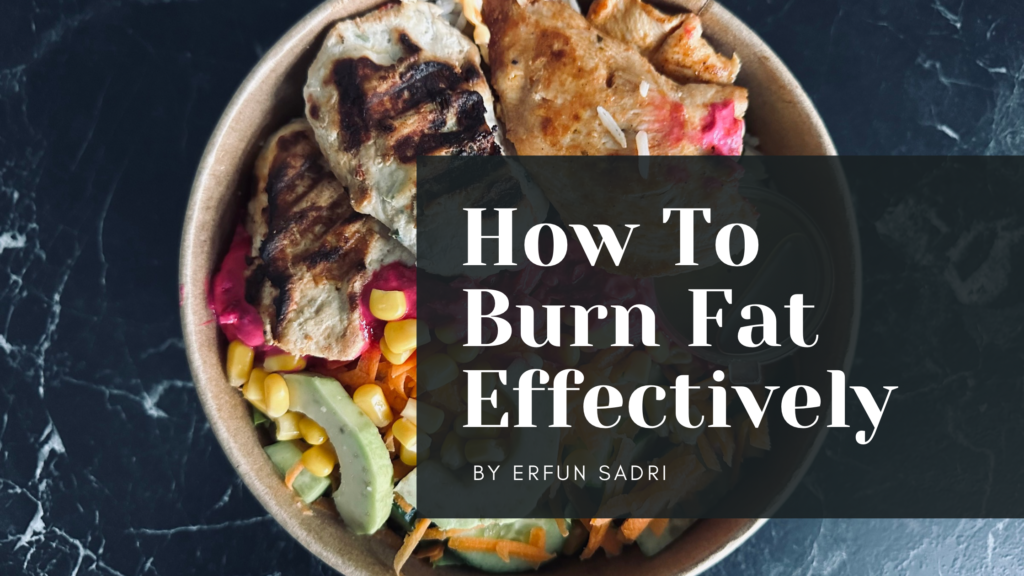What’s the Difference Between Burning Fat and Burning Calories?
When it comes to weight loss, people often confuse burning calories with burning fat. Although they’re connected, they’re not the same thing.
- Calories are units of energy.
- Fat burning means your body is using stored body fat as fuel.
To lose fat, you need to burn more calories than you consume — this is called a calorie deficit. But what matters is how your body burns those calories: from carbs, fat, or even muscle.
How the Body Burns Fat
Your body prefers to use carbohydrates (glucose) for quick energy. But when your glycogen stores are low (e.g., during longer exercise or fasting), your body switches to fat oxidation — meaning it starts using fat for energy.
Factors That Trigger Fat Burning:
- Calorie deficit
- Low to moderate intensity exercise
- Fasting periods or intermittent fasting
- Improved insulin sensitivity
- Low-carb, high-protein diets
Top 5 Ways to Burn More Calories and Fat Daily
1. Strength Training
Building muscle helps increase your resting metabolic rate (RMR). The more muscle you have, the more calories your body burns—even at rest.
2. High-Intensity Interval Training (HIIT)
HIIT boosts your metabolism and continues burning calories after your workout through the afterburn effect (EPOC – Excess Post-exercise Oxygen Consumption).
3. Stay Active Throughout the Day
NEAT (Non-Exercise Activity Thermogenesis) includes everything from walking to cleaning. It can make a huge difference in daily calorie burn.
4. Eat More Protein
Protein requires more energy to digest (thermic effect), helps build lean mass, and reduces appetite — a triple win for fat loss.
5. Sleep and Hydration
Poor sleep and dehydration can mess with hormones that control hunger and metabolism. Aim for 7–9 hours of quality sleep and drink enough water.
Tips to Support Fat Burning
- Choose whole, nutrient-dense foods
- Track your calorie intake (even roughly)
- Avoid sugar-sweetened drinks
- Eat plenty of fiber (veggies, fruits, oats)
- Limit processed food and alcohol
Aim for a 500-calorie daily deficit to lose around 0.5 kg (1 lb) of fat per week — safely and sustainably.
Best Time to Burn Fat: Fasted Cardio or Post-Workout?
There’s no magic time. what matters most is total daily calorie burn. However:
- Fasted cardio may help mobilize more fat (but not necessarily burn more total fat).
- Post-resistance training cardio can increase fat oxidation as glycogen stores are lower.
Frequently Asked Questions
Q1: Can I burn fat without exercise?
Yes, through a calorie deficit, but exercise helps retain muscle and improve health.
Q2: How much fat can I burn in a week?
0.5 to 1 kg (1–2 lbs) is a healthy, sustainable range.
Q3: Are fat burners effective?
Most are stimulants and have minimal effect. Focus on diet and activity first.
— Erfun Sadri
Certified Personal Trainer | Fitness Coach

